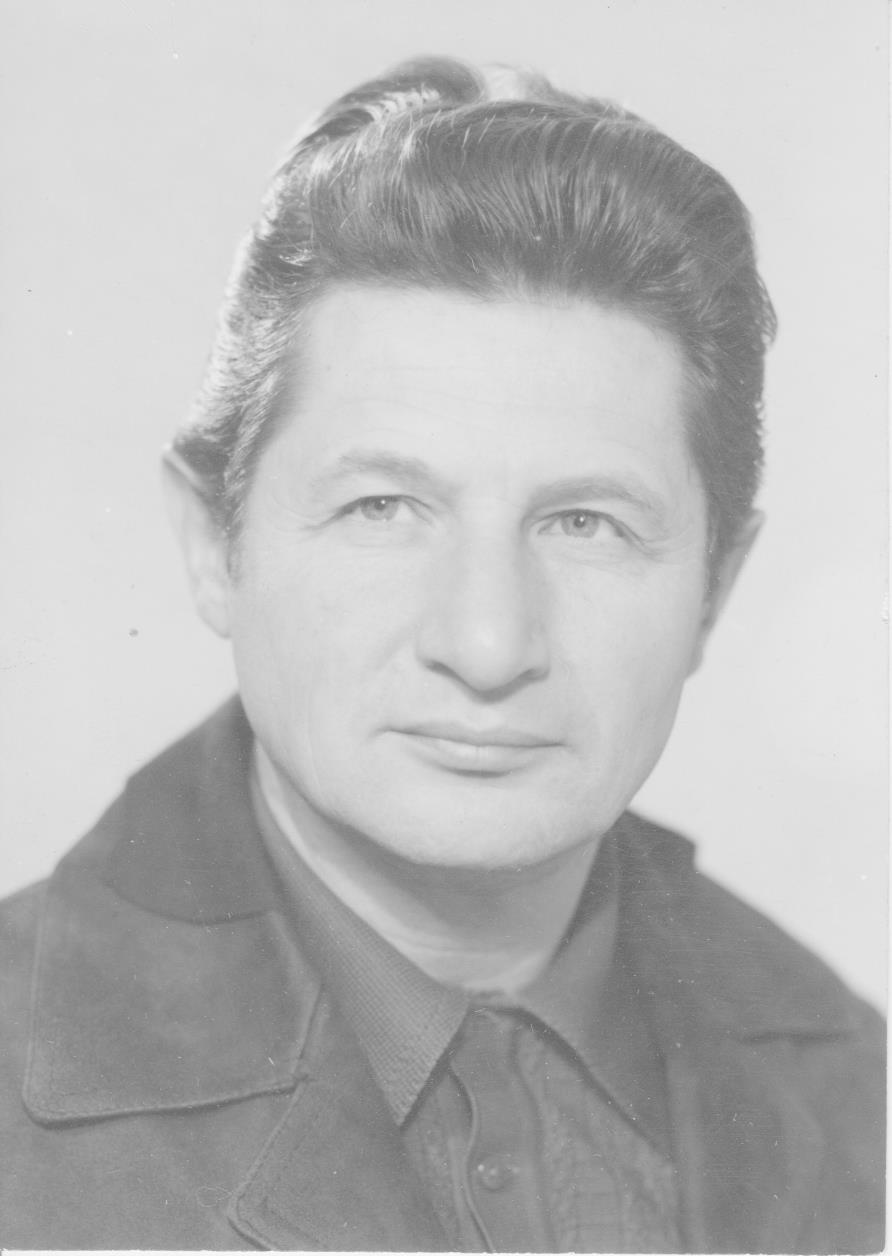When one is standing still, it is as if not being alive

Stáhnout obrázek
Miroslav Ekart was born on 8 January 1929 into a rather poor family in Vsetín. His father worked first as a cabinet maker, later as a factory worker and a shop assistant in his own small grocery store. His mother took care of the household, and when the family got into a difficult financial situation, she opened a small eatery. Miroslav had four younger siblings, a brother and three sisters. When he wasn‘t helping at home or helping his dad in the shop, he spent his free time with his friends and siblings playing various sports. Mum led Miroslav to exercise in the local Sokol. He witnessed people‘s enthusiasm after the autumn mobilization in 1938 and the subsequent disillusionment after the Munich [Agreement]. The following spring, he watched with fear the arrival of the occupying German troops. He saw the fightings at the end of the war and settling accounts with the collaborators. In 1948 he attended the XI Sokol Meeting in Prague. At that time he became a keen member of the folklore ensemble VSACAN (ensemble of Wallachian songs and dances from Vsetín). He danced, sang and later even led the ensemble. At the beginning of the 1950s Miroslav got married, he and his wife had a son and a daughter. He dedicated his entire professional life to the MEZ state enterprise in Vsetín. At his workplace he was also persuaded to join the Communist Party. Currently (2019), despite his advanced age, he enjoys a relatively active retirement time in Vsetín surrounded by his large family.

















